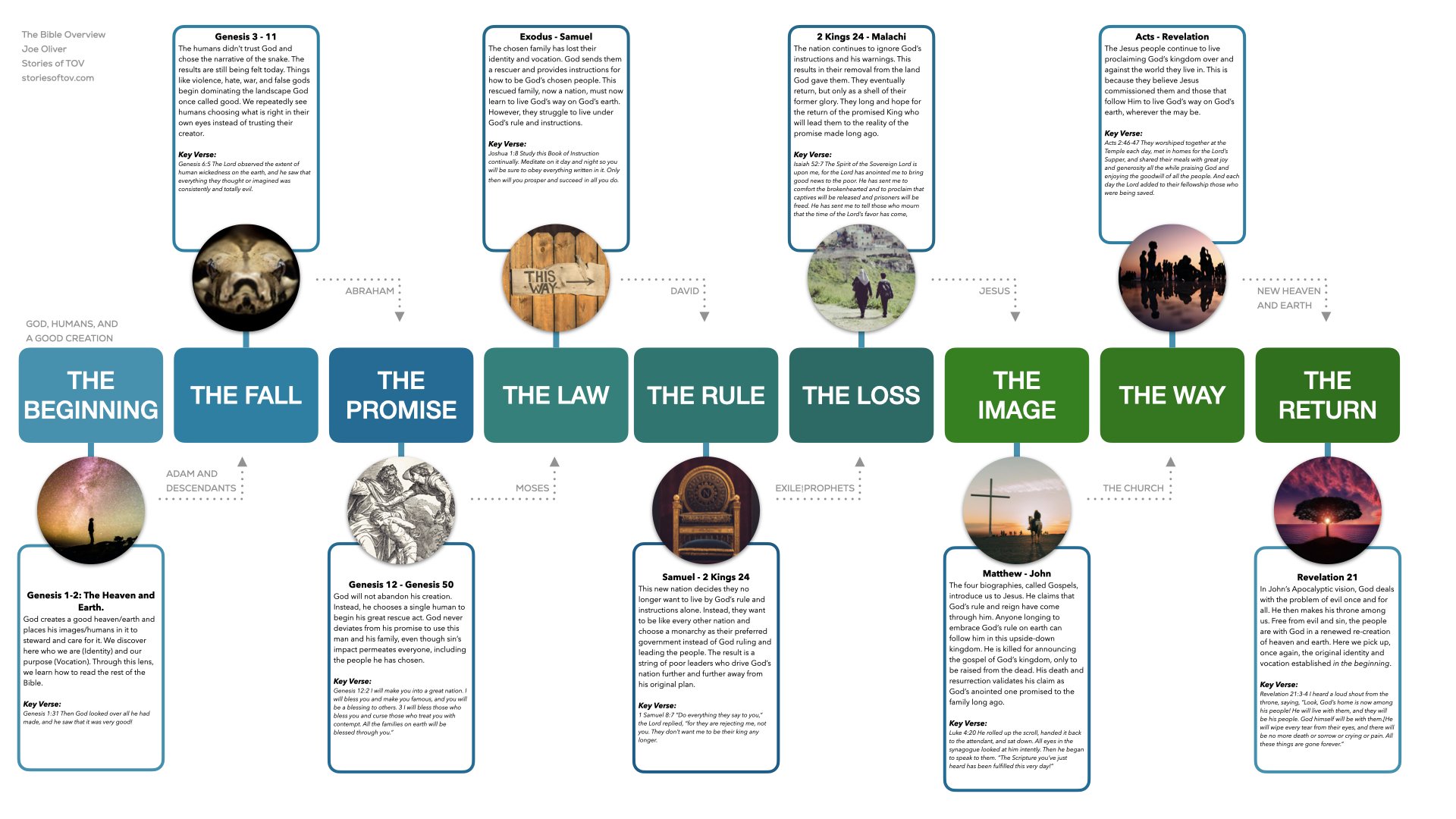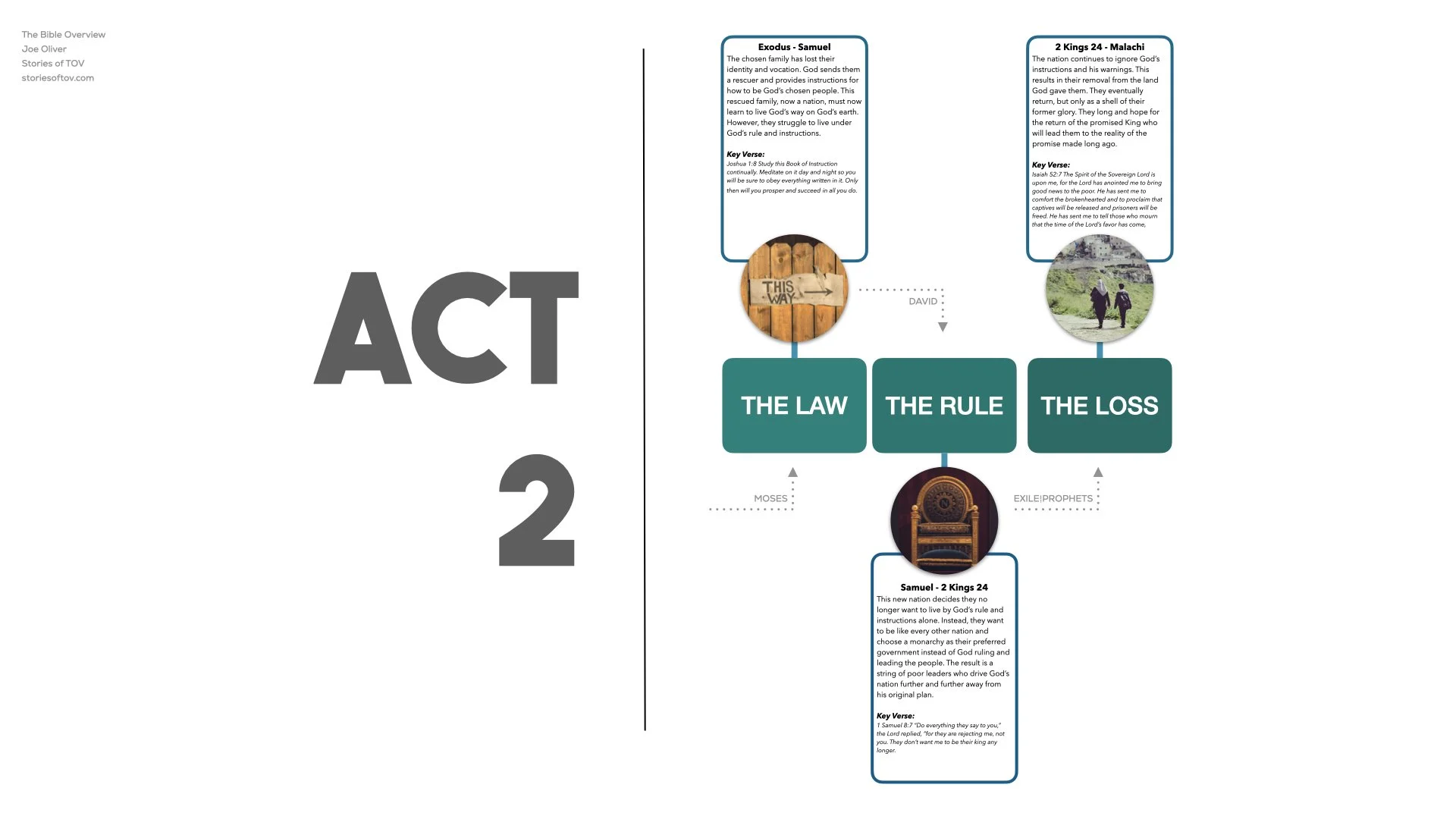Why the Middle of the Bible Feels So Messy (And Why You Shouldn’t Skip It)
Let’s be real. Most people who pick up a Bible don’t make it very far. And if they do, they rarely linger in the middle. You know what I’m talking about—Leviticus, Deuteronomy, Judges, Kings, Chronicles. The parts where the laws are long, the stories are dark, and God honestly seems… confusing. Or worse.
Maybe you’ve opened up to those pages and found yourself thinking, “What is happening here? Why are these people doing such terrible things? And why does God seem to be okay with it?” If you’ve asked those kinds of questions, you’re not alone. I think a lot of people, especially folks like you—skeptics, seekers, spiritually curious types—wrestle with these exact moments. And for good reason.
See, I think we’ve been handed a way of reading the Bible that doesn’t make much room for those questions. A way that insists every verse should be inspiring or applicable or simple. But that’s not how the Bible works. And it’s definitely not how the middle of the Bible works.
What I’ve come to believe is that the Bible is structured like a story—more specifically, a three-act play. Act One sets the scene. It introduces the characters, the setting, the main conflict. Act Two builds the tension and expands the conflict. And Act Three brings resolution. If you’ve seen any good movie or read any good novel, you’ve seen this structure. And I think the Bible, as we have it from Genesis to Revelation, is arranged in much the same way.
So if Act One was about beginnings—about identity and vocation and a promise to restore what was broken—then Act Two is about the unraveling of all of that. It’s the tension. The breakdown. The human struggle to live into the story God is telling.
Act Two starts with what I call the Law. That’s the section from Exodus through the early part of Samuel. The people of Israel have been rescued from slavery in Egypt, but they’ve forgotten who they are. They’ve lost their way. And so God gives them instructions—not to crush them, not to control them, but to help them become who they were meant to be. A people set apart. A community that reflects God’s goodness and justice. But what we see instead is a constant pattern of forgetting, rebelling, and circling back again. The laws themselves—some of which feel deeply archaic to modern readers—were rooted in wisdom for that time and place. But the people struggled to live them out. And if you’ve ever struggled to live up to who you know you’re meant to be, you can probably relate.
Then comes what I call the Rule. This is where the people decide they don’t want to be led by prophets or by God anymore. They want a king. Like everybody else. It’s a defining moment in the story—this tragic request to become just like all the other nations when they were originally called to be different. And God lets them have it. He doesn’t smite them. He doesn’t abandon them. He says, “Okay. If that’s what you want, I’ll let you have it.” What follows is a string of monarchs—some decent, most disastrous—who lead the nation further and further away from its purpose. What started as a movement centered on trust and relationship becomes a political system rooted in power, compromise, and eventually, corruption. Sound familiar?
Eventually, the whole thing collapses. That’s the third scene of Act Two: the Loss. The people lose their land, their temple, their sense of identity. They go into exile. They become a shell of who they were supposed to be. And yet even there, in the ashes of failure, the prophets start whispering about hope. Isaiah, in particular, speaks of a coming messenger—someone who will bring peace, announce good news, and declare that God still reigns.
I think that’s what makes the middle of the Bible so essential. Yes, it’s confusing. Yes, it’s full of hard passages. But it’s also where the story starts to reflect our story. It’s where we see what happens when we choose our own way. When we reject the wisdom of God and try to make life work on our own terms. When we forget who we are. And it’s where we see that even then—even in rebellion, in loss, in chaos—God doesn’t walk away. He keeps showing up. He keeps inviting. He keeps promising.
So if you’ve avoided the middle of the Bible because it feels too difficult, I get it. But I want to challenge you to think differently. What if these chapters aren’t meant to be tidy or inspirational? What if they’re meant to be honest? What if they’re meant to show us the consequences of forgetting who we are—and the persistent grace of a God who won’t give up on us, even when we’ve given up on him?
Act Two isn’t just about Israel’s story. It’s about yours. It’s about mine. It’s about the times we’ve chosen to be like everyone else instead of stepping into the unique identity and purpose God offers. It’s about the moments we’ve tried to rule ourselves and found that it only led to more confusion, more damage, more distance. And it’s about the deep, aching hope that maybe—just maybe—there’s still a way back.
If Act Two teaches us anything, it’s that God’s story doesn’t end in loss. It sets the stage for something new. And that’s where we’ll head next.
But for now, if you find yourself somewhere in the middle—somewhere between belief and doubt, peace and chaos, identity and confusion—I just want to say this: the story isn’t over. And neither are you.
God’s still telling a good story.
And he hasn’t stopped inviting you into it.


